WHO IS TO BLAME?
Rental housing law in the District of Columbia states that rent increases in rent-stabilized apartment buildings are limited to 2% plus inflation annually (just inflation
Why was such an obvious violation of the law permitted and who was to blame? Why did no one stop corporations like Equity Residential?
Corporations like Equity Residential: They used the “rent concessions” scam to dupe new tenants into signing predatory leases that company would use to pressure them into paying annual rent increases about the maximum percentage allowed by law. There probably are many more companies that use the “rent concession” scam to overcharge DC residents — no one knows because the evidence remains hidden in the city’s housing archives.
The Bowser administration: It looked the other way despite having overwhelming evidence that these companies were breaking the law. The administration ignored pleas by tenant advocates to put a halt to the “rent concession” scam.
The Department of Housing and Community Development: Its Rental Accommodations Division is responsible for overseeing rent stabilization, yet it did nothing to protect it. The RAD has in its archives thousands of rent records that housing providers are required to submit by law every year. Tenant advocates complained many times to the directors of the Rental Accommodation Division that the rent filings were inaccurate and that renters were being overcharged, but they refused to take action.
The Office of Administrative Hearings: The OAH is an administrative court that supposedly is designed to handle simple cases, like a complaint by a tenant that the landlord is demanding a rent increase that exceeds the legal limit. This should be a simple matter of math — if the apartment is under rent stabilization, the maximum rent increase for most tenants should be the inflation rate plus two percent. However, OAH judges have accepted the claim by large landlords that rent isn’t actually the amount you pay, it’s the amount listed on the lease — even if it is incorrect and wildly inflated. They failed to understand the simple dictionary definition of the word “rent.”
Other city agencies: The Office of the Tenant Advocate (OTA) often provides useful advice to tenants, it is timid in its defense of rent stabilization. However, it has failed to deliver a statutorily mandated, publicly accessible database of rents. The Department of Consumer and Regulatory Affairs (DCRA) may share some responsibility because it hasn’t provided OTA with some of the data it needs. The Department of Housing and Community Development (DHCD) also shares some of the blame because it previously was tasked with creating a database and it didn’t deliver. If the database had been finalized on a timely basis many residents would have had the information they needed to file a suit or a complaint against their landlords. The administration’s failure to provide this database has been very costly to DC renters.
Mayor Bowser: The mayor was told repeatedly both in person and in formal letters about the “rent concessions” scam but she did not respond or she told advocates to talk to members of her staff, who also did not respond. Even now, after DC Attorney General won a case in Superior Court against Equity Residential for false advertising and overcharging residents at one DC apartment building by using the “rent concession” scam, Mayor Bowser has failed to take any action on behalf of the thousands of other DC residents who were cheated. She has not even made an effort to speak out against the scam or to tell DC renters about it.
Some law firms in the District of Columbia have made it a business to help large corporate landlords circumvent rent stabilization and other DC laws governing rental housing.
